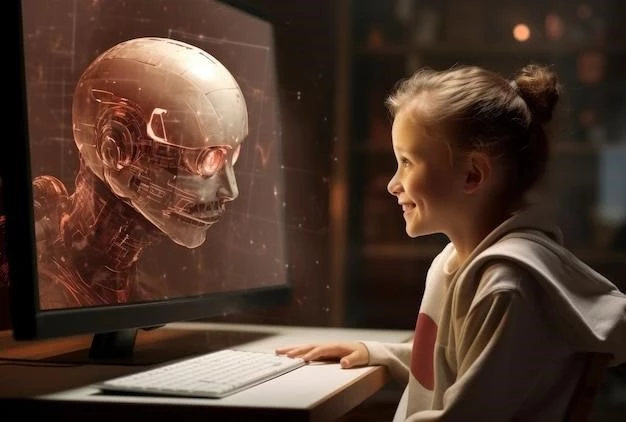Artificial intelligence (AI) is rapidly transforming various sectors, and education and the job market are no exception. The impact of AI in these domains is profound, bringing about both opportunities and challenges.

Impact on Education
Personalized Learning
AI-powered tools can personalize learning experiences for students. Adaptive learning platforms analyze student performance data and tailor content and pace to individual needs. This allows students to learn at their own pace and focus on areas where they require more support.
Automated Grading and Feedback
AI can automate tasks such as grading multiple-choice questions and providing instant feedback on assignments. This frees up educators’ time, allowing them to focus on more personalized instruction and student engagement.
Enhanced Accessibility
AI-powered tools can translate text and audio, making educational materials accessible to students with disabilities or those learning a new language.
Challenges in Education
Despite the benefits, AI in education also presents challenges:
- Ethical Concerns: There are concerns about data privacy and the potential for AI to exacerbate existing inequalities in access to education.
- Teacher Training: Educators need training to effectively integrate AI tools into their classrooms.
- Human Connection: The potential for over-reliance on AI could diminish the importance of human interaction and mentorship in education.

Impact on Jobs
Automation of Tasks
AI is automating routine and repetitive tasks across various industries. This can lead to job displacement in sectors such as manufacturing, customer service, and data entry.
Creation of New Jobs
However, AI also creates new job opportunities in fields like AI development, data science, and AI ethics. These roles require specialized skills and knowledge;
Reskilling and Upskilling
The rapid evolution of AI demands a workforce that is adaptable and capable of learning new skills. Governments and educational institutions need to invest in reskilling and upskilling programs to prepare workers for the changing job market.
Challenges in the Job Market
The impact of AI on jobs presents several challenges:
- Job Displacement: The potential for large-scale job losses due to automation is a significant concern.
- Skills Gap: The demand for AI-related skills is growing faster than the supply of qualified workers.
- Social Impact: AI-driven job displacement can lead to economic inequality and social unrest.
Conclusion
AI’s impact on education and jobs is multifaceted and requires careful consideration. While AI offers numerous opportunities to improve learning and create new job opportunities, it also presents challenges related to ethical concerns, teacher training, and job displacement. To mitigate these challenges, governments, educational institutions, and businesses need to collaborate to develop strategies for responsible AI implementation and workforce development.










